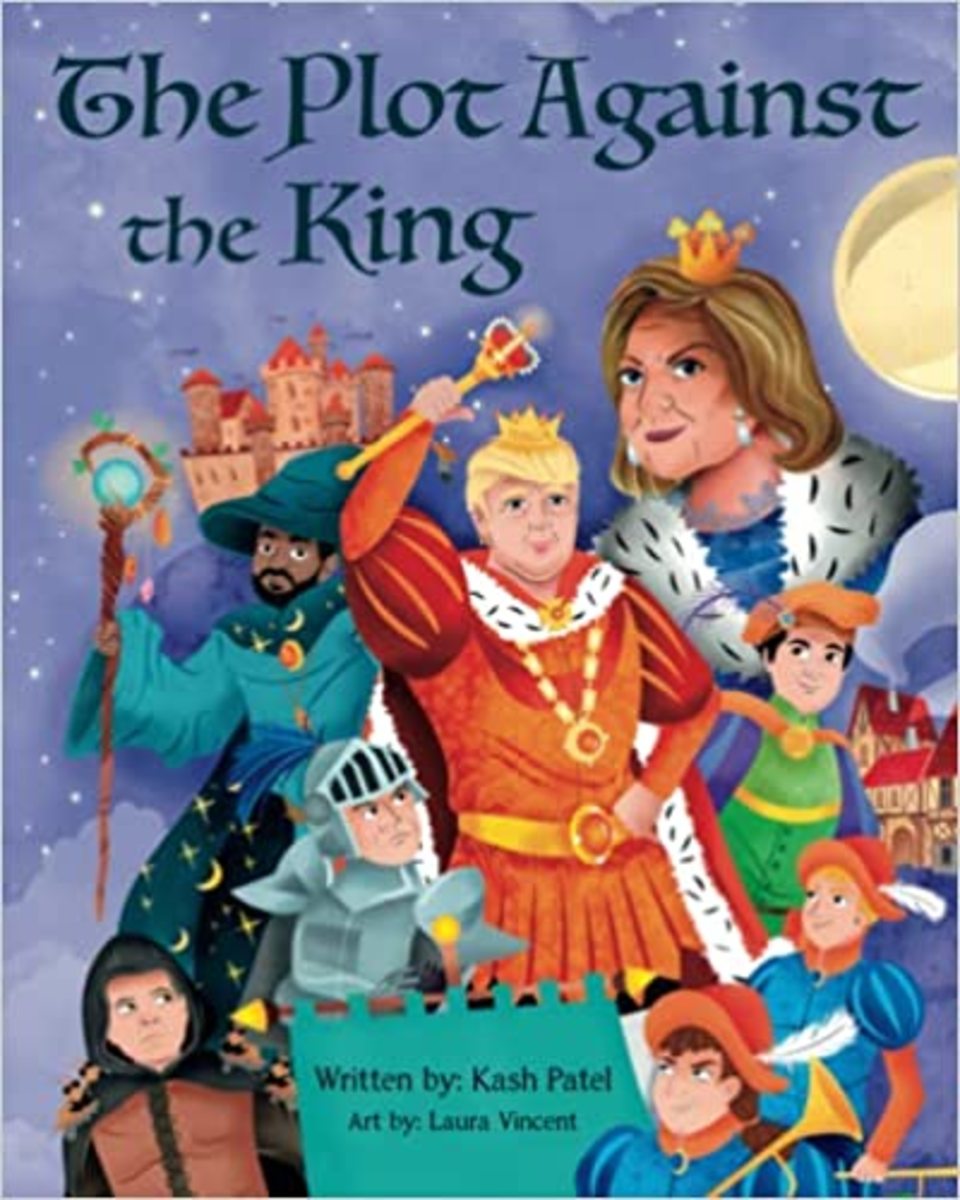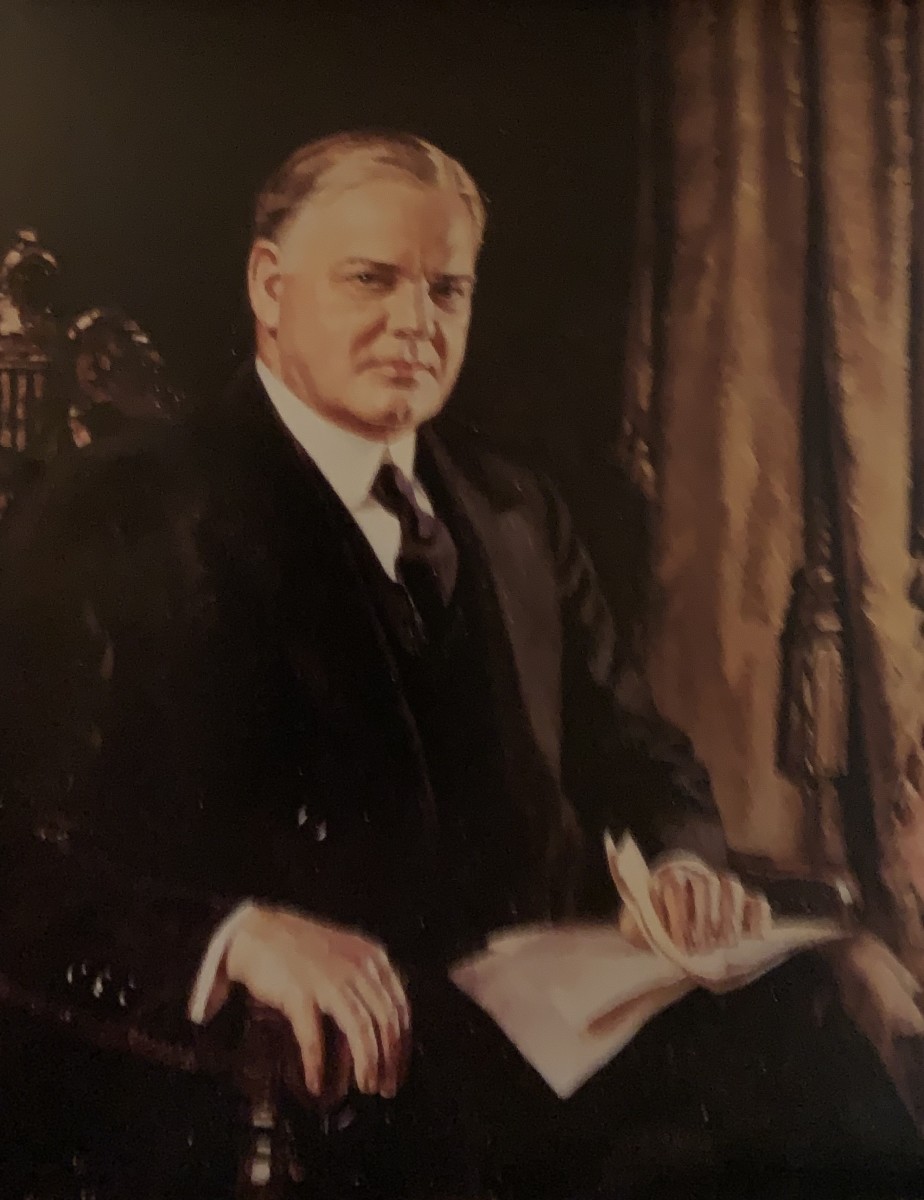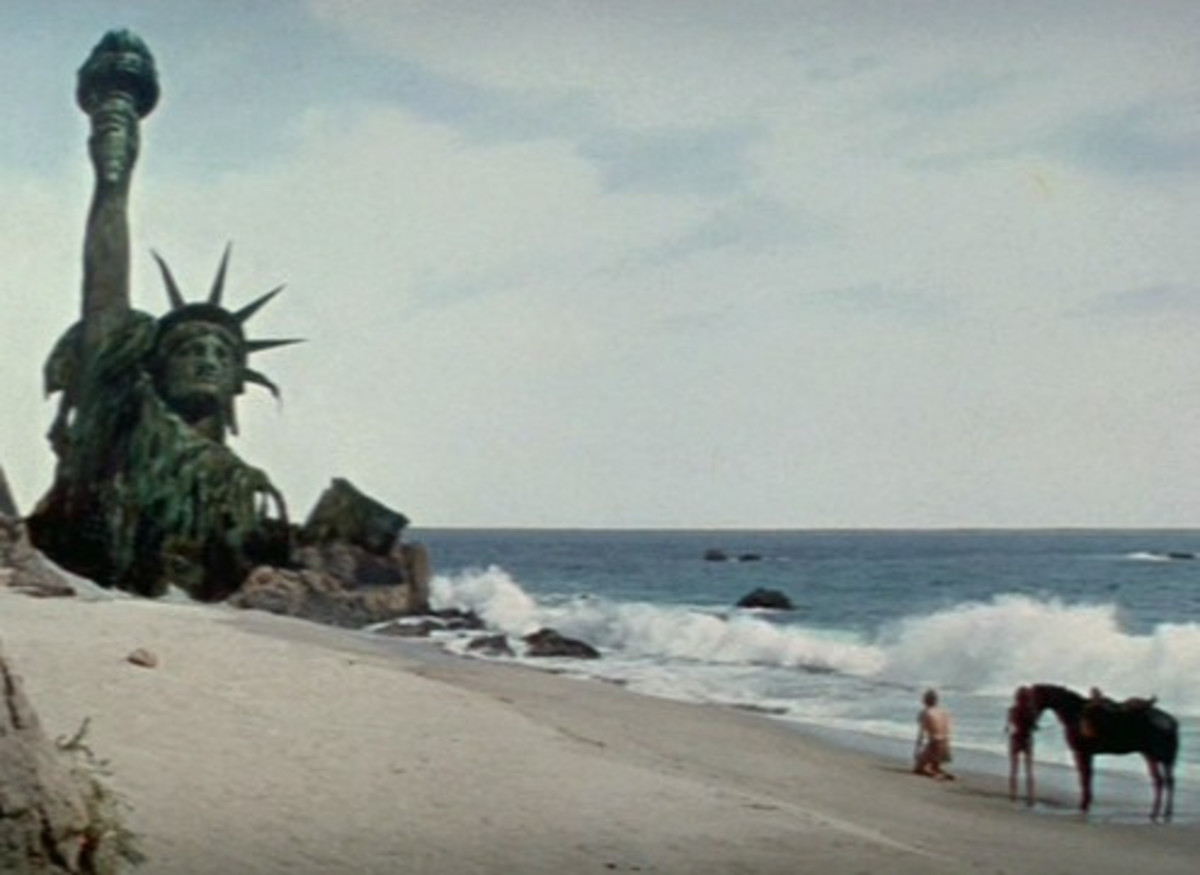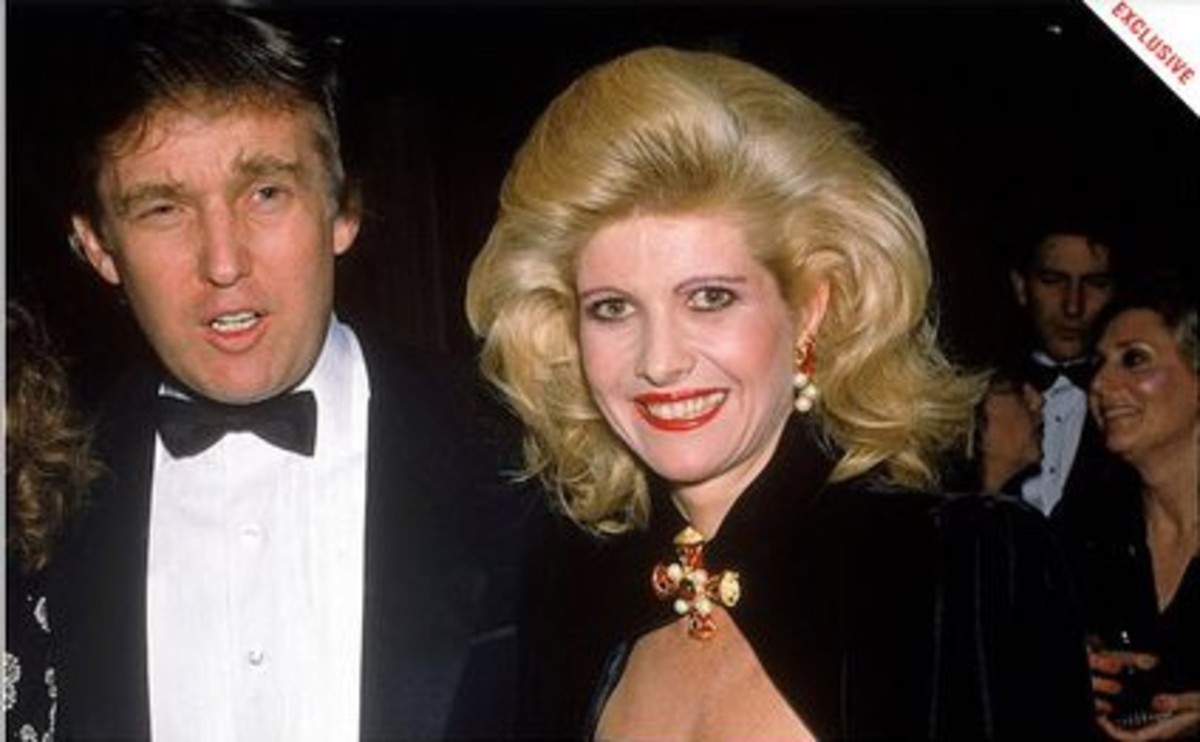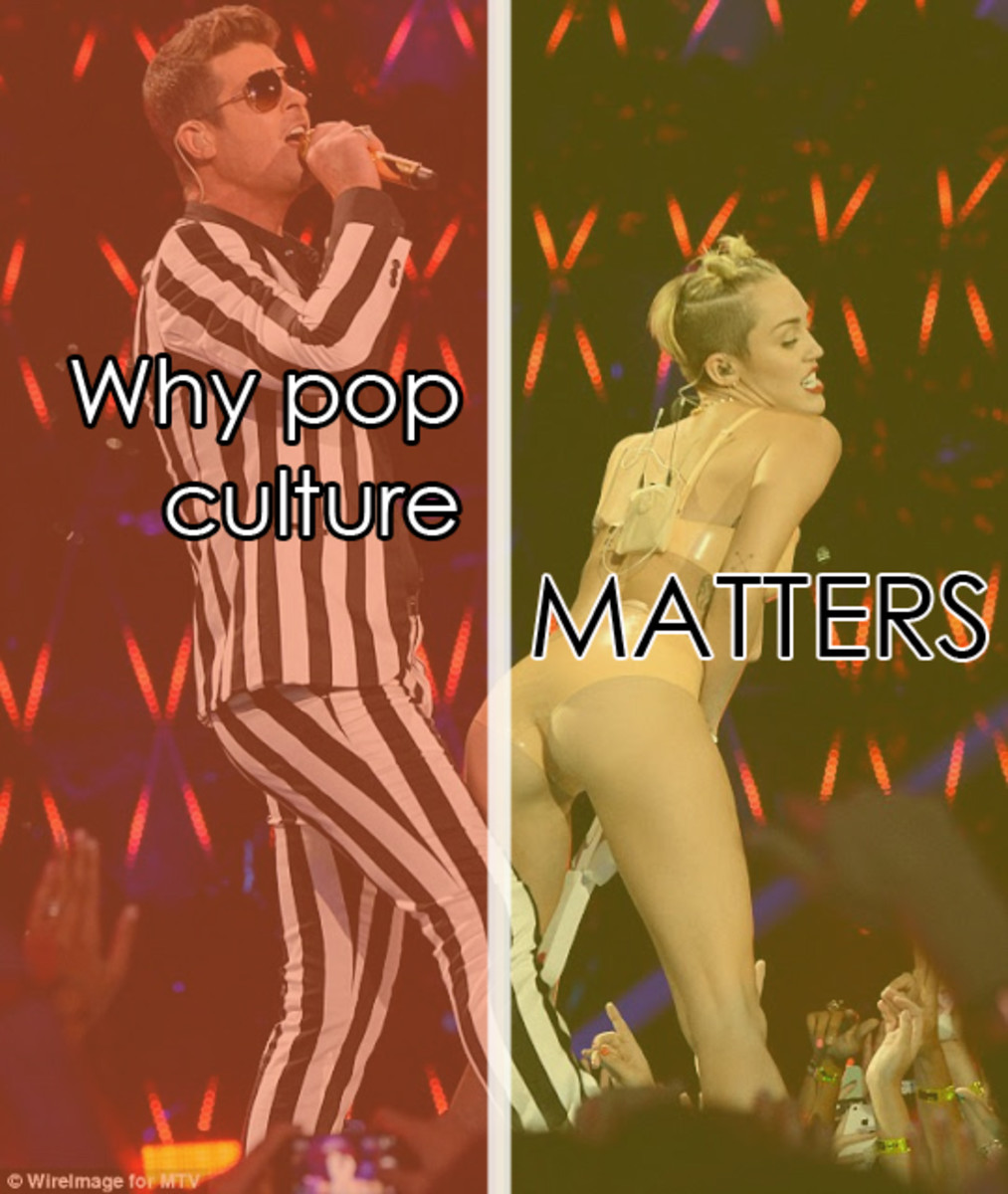Freedom of the press: A mortally wounded myth?
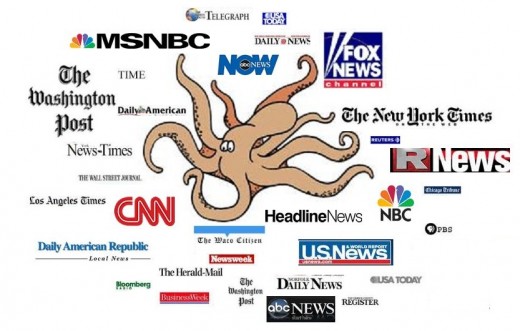
“Congress shall make no law … abridging freedom of the press,”
"The basis of our government being the opinion of the people, the very first object should be to keep that right; and were it left to me to decide whether we should have a government without newspapers or newspapers without a government, I should not hesitate a moment to prefer the latter" -- Thomas Jefferson
So important did the framers of the American Constitution consider freedom of the press, that guarantee of protection was included in the First Amendment in 1791. Jefferson considered a free press the tool of public criticism that could and should hold public officials accountable to the judgment of the people they represented.
A free society is dependent upon the press for information, plain and simple, as few individuals have firsthand access to what their government and other public bodies are doing. For most of us, information about those powers that directly affect our lives is learned through the press and we rely on that profession’s integrity to do so in a truthful and neutral manner.
"Our first object should therefore be, to leave open to him [the citizen] all the avenues of truth. The most effectual hitherto found, is freedom of the press. It is therefore, the first shut up by those who fear the investigation of their actions." -- Thomas Jefferson
So it came to be that the ideal of “freedom of the press” was enshrined as a cornerstone of American society – at least, freedom from direct government censorship. For the founding fathers could envision no other threat to the citizen's free access to information other than government.
They certainly would not have imagined the world as we know it, nor the very real curtailment of freedom of expression in the mainstream media we experience today.
The “freedom of the press” is a dying dream, a myth, one of many to which we pay lip-service as though oblivious of our reality.
While the Bill of Rights guarantees that “Congress shall make no law … abridging freedom of the press,” it is not usually the government but nongovernmental factors that control the decisions made by today’s corporate-controlled news media.
The shrinking field
The founding fathers lived in a world where every community had several news publications, where every interest group had its own voice and opposing ideas, disparate views, argument and debate flourished.
Times have changed. News has always been a business, but now it is big business.
Information has become just another commodity to be packaged and sold, like toilet paper, soda and Big Macs. “The News” must be profitable and revenues must be maximized, which means the news is now distilled to those items most likely to generate readers, viewers and listeners, an audience accessible to advertisers and their dollars. And profitable they are – an attractive corporate investment. News media of all kinds have become the target of corporate takeovers over the past few decades, with an increasing concentration in fewer and fewer hands, until today, the information industry is held in ten very large hands: Time Warner, Disney, Viacom, News Corporation Limited (Murdoch/Fox), Sony, Tele-Communications, Inc., Seagram, Westinghouse, Gannett, and General Electric.
These conglomerates control several types of media. Presently, there are fewer than 1,500 daily papers and 1,200 commercial stations in the United States. At the turn of the millennium, Gannett owned 93 daily papers, 15 television stations, and 19 radio stations. Cox Broadcasting owned 11 radio stations, 3 television stations, 4 cable vision systems, and nine newspaper companies. The New York Times Company owned 35 daily newspapers, 8 weeklies, 2 radio stations, five television stations, and numerous magazines. Disney (following their purchase of Capital Cities/ABC) owned two television networks, 7 television mega-stations, 7 radio networks serving more than 3,000 affiliated radio stations, 18 radio stations, 75 weekly newspapers, and numerous trade magazines.
In lobbying for legislative change that resulted in the passage of the Telecommunications Act (1996,) $40 million were spent by the telecommunications industry and $4 million in direct contributions to lawmakers. The result of this closed-door meeting was the relaxation of the anti-trust laws that allowed these conglomerates to concentrate control of the media in what can only be called an oligarchy or a monopoly.
One would think such a radical change to the structure of the media industry, one deemed to be of primary importance to the functioning of a democratic state would be big news. It wasn't. The mainstream media did not report it.
“Freedom of the press is only guaranteed to those that own one.” – a popular slogan
Corporate owners need the media they own to not only be profitable divisions in their own right, but to support the interests of their vast holdings No longer is the media’s objective the presentation of events for the educational need of a democratic society, but a tailoring of news that not only attracts the necessary profits for the media division, but for the corporate entity as a whole. For example, is it likely that General Electric (NBC, CNBC, MSNBC) will air anti-war opinions in their news considering they are a major military contractor/supplier? Or if they do a story on such dissident protests, will it be unbiased, or will it be colored by editorial disapproval? Was it by sheer coincidence that NBC never once broadcast the story of New York’s lawsuit with General Electric over that corporation’s massive pollution of the Hudson River, even when all rival news groups did?
In most instances, the ethical journalist has been replaced by that which best addresses the desires of the media owner.
An age where profit trumps public interest
In an ongoing effort to attract an audience, news has been packaged as entertainment. Rarely do we see an in-depth analysis of any issue, but rather a series of Sesame-Street-like short sound bites, rapidly changing, complete with bright graphics, designed to keep even the worst of ADD sufferers glued to their sets. A sort of jingoism prevails with sheer repetition providing legitimacy and unspoken but widely accepted “truths” acting as a filter. Programming has become light, non-controversial and fast-paced with little context provided, with some notable exceptions such as the never-ending coverage of political candidates.
Media control is political and social control. Whatever is not given emphasis in the news is forgotten, invisible. Real issues are often pushed into the shadows, while exaggerated issues act as distraction. It is in the power to treat some subjects briefly or not at all but others repetitively where ownership interests most effectively influence the news.
The news story is followed by an editorial team of “experts” (and always the same ones no matter the subject) shouting each other down as they play their roles, often with one cast as the “other view” usually held to ridicule to further emphasize the “truth.” This gives viewers the sense there’s freedom of expression going on, while all the time the presuppositions (those accepted, unspoken “truths”) are being reinforced.
All this serves to not only attract and keep an audience – who have come to expect to hear what they want to hear and have grown accustomed to hearing -- but advertising dollars, and once an advertiser has laid down his money, he expects the message to be amenable to his interests. The news has become market-driven.
Janine Jackson of Fairness and Accuracy in Reporting, a news media watchdog group told the American Free Press that 60% of journalists surveyed admitted that advertisers “try to change stories.” The media do not want to run stories that will offend their advertisers and end up censoring themselves, not reporting on many issues, including corporate practices.
The result is a desire to avoid programming on serious complex issues and disturbing controversies that interfere with the “buying mood.” In other words, dumb it down.
Audiences are no longer seen as citizens to inform, but consumers to attract. What appears as news is shaped by the need to make money.
Out of touch with our communities
Even more destructive to the citizen’s needs of a free press is that such giant conglomerates are unattached to any communities.
Consider the situation in the tiny town of Minot, North Dakota, where a train carrying anhydrous ammonia overturned putting the entire population at risk. Several people died. Yet, the local radio station did not even carry the story, having no reporters and no authority to broadcast anything other than the news feed from the corporate center. They offered no warnings, no guidance, no explanations during the crisis. The story broke in Minot at the same time as the rest of the country, on the national news.
Centralization of the media to a few very large conglomerates leads to less diversity in the information available. Gandhi once said the heart of a community is found in its newspaper. But what happens when that news is no longer rooted in our nation’s communities but in corporate headquarters far away?
In the communities from Sarasota to Fort Meyers on the Gulf Coast of Southern Florida live approximately 500,000 people, yet the largest local newspaper (owned by the New York Times) shows a circulation of around 50,000. This means that only 10% of the population reads news of a local nature, the rest relying on the television networks who only report local happenings if they should happen to be of national interest.
The workings and shenanigans of local government go unexamined. Few residents can even tell you the name of their mayor, yet the minutia of the private lives and fashion sense of the political candidates on the national level are widely discussed. That the municipal government of North Port is purported to have misplaced $10 million dollars is unknown to most, but all can tell you the latest scandal in Washington.
Yet which impacts their lives more?
The mechanism of bias in news
Lance Bennett, the author of News: The Politics of Illusion, names four informational biases commonly used: personalized news, dramatized news, fragmented news and normalized news, which he calls “the single most important flaw in the American news style.”
Personalized news, a preoccupation with personalities, allows the audience to ignore deeper societal problems. He uses as an example, coverage of politicians with engaging personalities, like Reagan for example, which results in a distraction with style over substance, ignoring policy problems. American media seems to be obsessed with personality, often offering a newsmakers personal trivia as news.
Dramatized news inserts so-called journalists into the role of news makers rather than news reporters, making their perceptions of the story into “infotainment” rather than a serious analysis of the newsworthy event.
Fragmented news is the reporting of only one side of the news, such as the Iraq war from an entirely American perspective. Such a rah-rah, patriotic view may be very popular with the home audience but ultimately distorts any understanding of global realities. This particular mechanism is endemic in American news reporting, as though the rest of the world and humanity exists only insofar as they serve American interests.
Normalizing the news typically emphasizes problems with individuals and not the system or environment in which they function.
Bennett sums up those unspoken but widely accepted “truths” in American media as: “"The underlying assumption in almost all critical reporting is that the basic political system and its values are unquestionable."
Ben Bagdikian, author of The New Media Monopoly, states those assumptions as “All business men are good, or if not, are always condemned by other businessmen. All wars are waged for humane reasons. The status quo is wonderful. The American way of life is beyond criticism.”
Any discerning viewer with a brain can add a few more: “Socialism is bad and to be defeated no matter what the human cost; capitalism is unquestionable and infallible. The world wants American leadership. America is a force for good in the world. America is the freest free land of the free…”
Another method for transmitting bias is through the use of editorial disapproval. Consider the common pretense of a fair interview shown on a split screen with the host in one and the interviewee in the other. The person being interviewed has no access to the host; communication is through an audio bud. Throughout the interview, the host shakes his head, rolls his eyes, puffs out sighs of frustration, grins, scowls and pantomimes his scorn. All this is conveyed in a “just between us” conspiratal manner to the audience.
Nothing else need be said. Indeed, unless one has already accepted these tacit embedded “truths” the news may not even make much sense. Ask anyone who has waded into the mire of American news media from somewhere else
“A principle familiar to propagandists is that the doctrine to be instilled in the target audience should not be articulated: that would only expose them to reflection, inquiry, and, very likely, ridicule. The proper procedure is to drill them home by constantly presupposing them, so that they become the very condition for discourse.”—Noam Chomsky, author of Manufacturing Consent, Why the Mainstream Media is Mainstream and The Myth of the Liberal Media.
The rise of propaganda
Americans aren’t accustomed to thinking themselves as propagandized. Indeed, one of those unspoken “truths” so necessary to understanding American media is a claim to the contrary. To anyone outside of the country, the propaganda is blatant and blanketing, almost Orwellian when first encountered. To those inside, it goes unnoticed and largely unchallenged. It has been going on for so long, it is an accepted part of the national discourse – and vehemently denied.
Spin is the name of the game and there is no “no spin zone.” Dr. Nancy Snow, author of Propaganda Inc.: Behind the curtain at the U.S.I.A (U.S. Information Agency,) writes of her career as an information provider:
“Public diplomacy is a euphemism for propaganda. In the United States, we don’t think of ourselves as a country that propagandizes, even though to the rest of the world we are seen as really the most propagandistic nation in terms of our advertising, in terms of our global reach, our public relations industry—we have more public relations professionals and consultants in the United States than we do news reporters. So there’s an entire history of advertising, promoting, and getting across the message of America both within and also outside of the United States.”
In 2004, the Pew Global Attitudes Project performed an international poll of public opinion in a large number of countries, including Western Europe, North America, the Middle East, and Asia. While polls are notoriously unreliable, this one showed on consistent fact: there is a huge gap in perceptions between those living in the United States and those living outside. 80% of respondents in other countries believed U.S. motives in foreign policy to be one of self-interest, while 70% of American respondents thought their country acted in a manner benevolent to other peoples.
How did this come to be?
One of the most famous media personalities in the American media offers one explanation. Dan Rather of CBS has admitted that there has been a lot of self-censorship and the media in general has been cowed by patriotic fever, that accusations of lack of patriotism is leading to the “fear that keep journalists from asking the toughest of questions.”
More endemic than self-censorship among journalists who go along to get along, is the near-complete lack of context given Americans on global issues. Such lack of knowledge allows poor foreign policies to go unchallenged, allows leaders to simplify and personalize very real issues to snappy sound bites, such as G.W. Bush’s assertion that terrorists attacked on 9/11 because "the terrorists hate our freedoms: our freedom of religion, our freedom of speech, our freedom to vote and assemble and disagree with each other," and to have that not only believed but repeated until it became accepted fact.
No background of the Middle East’s bloody history and America’s role therein was ever provided the viewers to allow them to make sense of the tragedy. Without context, a leader can get away with reducing global problems to self-serving ideological, PR-written jingoes.
But there’s another factor at play. Americans are systematically denied knowledge of the rest of the world.
America the self-involved
Like most educated and thinking new-comers to the American arena, I was stunned at the lack of access to information on world events in the mainstream media as compared to the daily barrage of “in-country” reporting, often trivial, gossipy and highly repetitive.
When foreign affairs are presented, it is in the trademark snappy headline followed by a superficial, short recitation that again, includes no context in which to place the story. “Not so,” said a friend listening to my complaints. “They (Fox) run an international segment.”
Yes, and it is titled “Around the World in 80 seconds.”
“According to the Pew Research Center’s recent study of American journalism, coverage of international events is declining more than any other subject. In the study of 2007, 64% of participating newspaper editors said their papers had reduced the space for international news. ‘In a strict sense, the American media did not in 2007 cover the world,’ says the Pew report. Beyond Iraq, only two countries received notable coverage last year — Iran and Pakistan.”
This non-coverage of global issues leads to the isolationist attitude displayed by many Americans because they end up getting a narrow and skewed view of many important world issues. In such a situation, it is easier for propagandists to say things that are impossible to question and end up being accepted as real.
“One reads about the world’s desire for American leadership only in the United States”, one anonymous well-placed British diplomat recently observed, “Everywhere else one reads about American arrogance and unilateralism.” – Jonathon Power, America is in Danger of Alienating the World
Perhaps this quote, more than any other explains the widening gap between perceptions in America versus those in the rest of the world. “We are a force for good, an “exceptional” people and want only to help others and do so, at a terrible cost to ourselves – and we are hated for it. Why?” seems to be a prevailing attitude among many with whom I speak.
How many Americans who rely only on mainstream media have any understanding of the struggles of Nigeria, the politics of India, the reality of China, the historical meddling in the Middle East, the changes taking place in Russia, the emerging power of Brazil, the problems within the European Union, the true nature of their relationship with Canada, the damage caused by the war on drugs in Mexico and Columbia, the devastation in Somalia, the political shifts in Australia, the class-war in Britain…
Said my neighbor, “You’re in the United States now. That other stuff isn’t of interest to us. Isn’t important.”
As the world continues to become more and more global-oriented, American understanding of that world declines. They are vulnerable to those accepted but unspoken “truths” the rest of the world sees as propaganda.
I cannot even begin to describe the difference in news as seen in my travels around the world and what is offered to me in the United States. Often, I find myself seeking out European publications for a more balanced look at what is happening here and certainly for what is going on in the rest of the world. I feel starved for real information, while at the same time inundated by unwanted and unneeded trivia. Because I am new to this environment, perhaps I am more sensitive to the unspoken message: “Get with the program or get out.”
It is a fact that the United States is the greatest military and political power in today’s world, with very long arms that reach deep into the workings of other countries. The American people are the ones that can help shape the policies of this most powerful nation, thereby affecting many events around the world. For that to happen, they need to be able to receive objective reporting.
Americans need to be fully informed, not entertained.
“If Jefferson was correct that the answer to governmental power is accountability which means giving voters full information and real choices, and that means a free and fully-functional news media, who holds the media accountable? With a handful of executives making decisions about what constitutes news, our society is losing the range of options and sources of information it needs to function.” -- David Schultz, The Cultural Contradictions of the American Media
More?
Coming up: How government does influence and exert control over the media: You don't need blatant censorship to maintain a short leash and muzzle on the press.
Previously: What has happened to truth in journalism? Recently, a New York Times editor asked if reporters should seek the truth behind the stories they cover. Didn't you think that was their job?
Some interesting links
What Makes Mainstream Media Mainstream, Noam Chomsky
Media Giants, Think and Ask.com


